Amazon considers malls for distribution and faster delivery
Amazon reportedly in talks with Simon Property Group to transform struggling department stores into distribution hubs
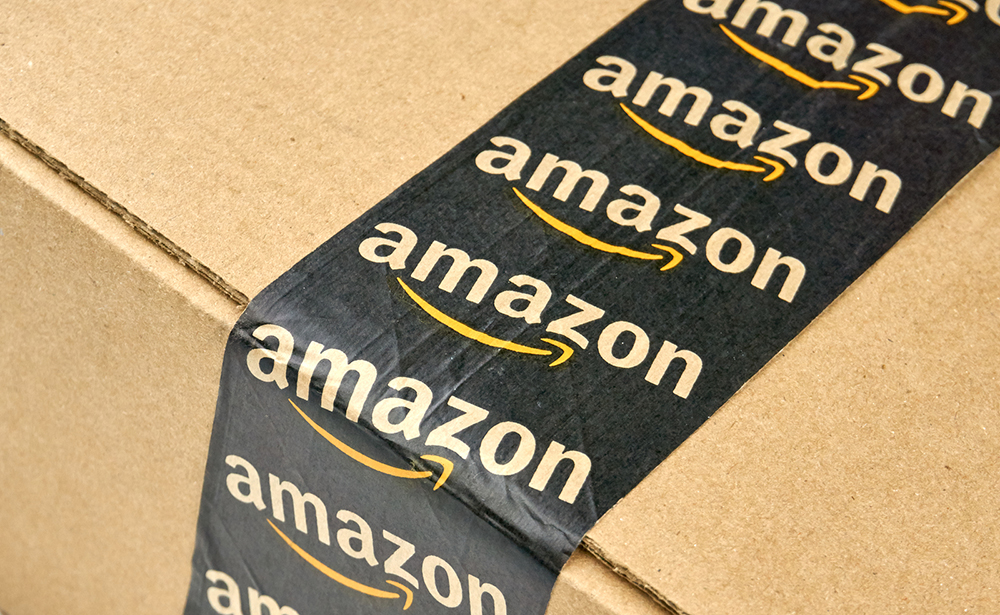
Amazon is in talks with a property developer to transform struggling department stores into distribution hubs, hoping to speed up delivery in residential areas.
For the Simon Property Group, department stores like JC Penney and Sears once served as valuable sources of income. Now, both companies have closed stores across the US and applied for Chapter 11 bankruptcy protection.
Simon has dozens of both retailers in its malls, and is reportedly considering turning its sprawling mall real estate into Amazon distribution hubs. It remains unclear just how many stores are under consideration and, according to sources, it is possible the two sides will fail to reach an agreement.
Malls have been struggling financially for quite some time. While shoppers once made the trek to their closest mall for a day of shopping, many now buy online instead. The spread of the coronavirus, which forced malls across the US to close temporarily and limit the number of shoppers even after reopening, has only made the situation worse.
A deal with Simon would be consistent with Amazon’s efforts to boost its number of distribution hubs and speed up deliveries to residential areas, and this isn’t the first time Amazon has turned to mall real estate for its distribution hubs. In 2019, the company announced plans to transform the Rolling Acres Mall in Akron, Ohio into a distribution hub.
Though location and lease length often influence prices, department stores pay anywhere between $4 a square foot and $19 a square foot when renting retail space. Per The Wall Street Journal though, should the deal go through, Simon is likely to rent the space to Amazon at a considerable discount.
There’s no denying that at this point, malls are hurting for money. As Camille Renshaw, chief executive officer of real-estate investment brokerage firm B+E, told the Journal: "To replace department stores, mall owners considered schools, medical offices and senior living. With the current pandemic, industrial is the only thing left now."
Sign up today and you will receive a free copy of our Future Focus 2025 report - the leading guidance on AI, cybersecurity and other IT challenges as per 700+ senior executives
-
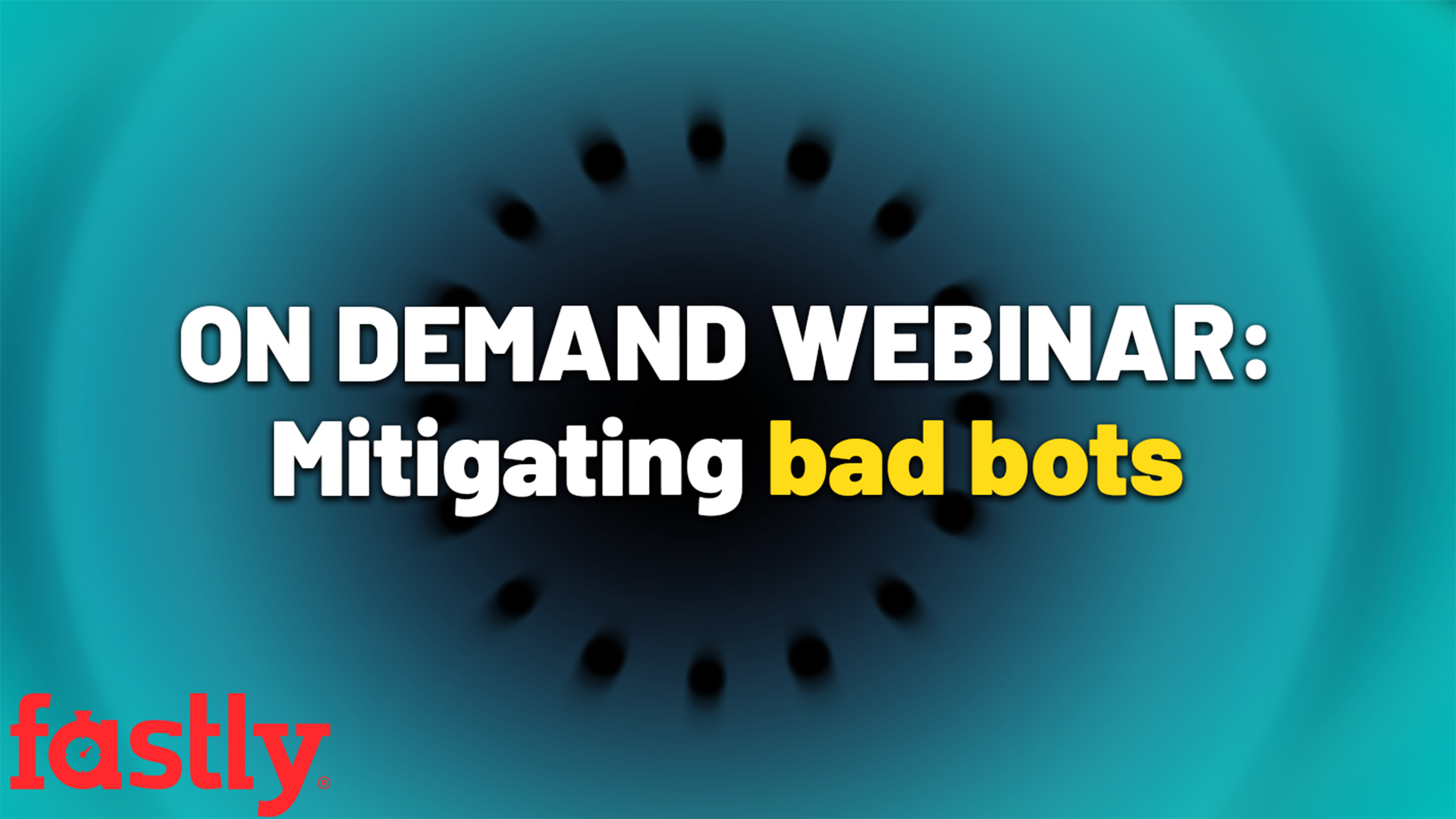 Mitigating bad bots
Mitigating bad botsSponsored Podcast Web crawlers pose an immediate business risk, necessitating immediate action from IT leaders
-
 Thousands of Microsoft Teams users are being targeted in a new phishing campaign
Thousands of Microsoft Teams users are being targeted in a new phishing campaignNews Microsoft Teams users should be on the alert, according to researchers at Check Point
-
 How IBM and Adobe craft personalization at scale
How IBM and Adobe craft personalization at scaleWhitepaper Combining the content supply chain, CX orchestration, and intelligent commerce for ideal personalization
-
 Preparing for peak: How customers purchased during peak
Preparing for peak: How customers purchased during peakwhitepaper The online shopping trends that shaped the parcel delivery experience during the busiest time of the 2022 calendar
-
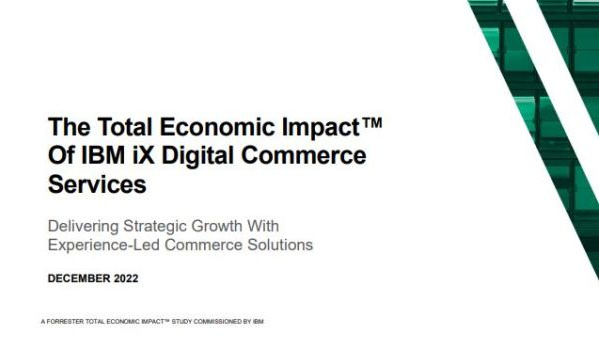 The Total Economic Impact™ of IBM iX digital commerce services
The Total Economic Impact™ of IBM iX digital commerce servicesWhitepaper Delivering strategic growth with experience-led commerce solutions
-
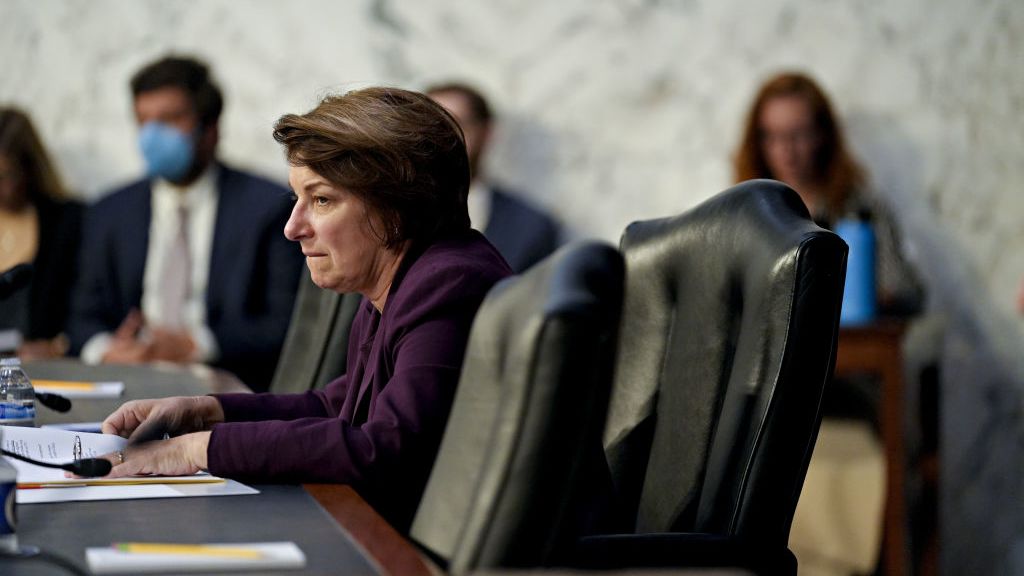 US antitrust bill nearing law faces fierce tech opposition
US antitrust bill nearing law faces fierce tech oppositionNews AICO seeks to limit the extent to which tech platforms can self-promote, and has drawn tens of millions of dollars in opposition from some of the largest tech firms
-
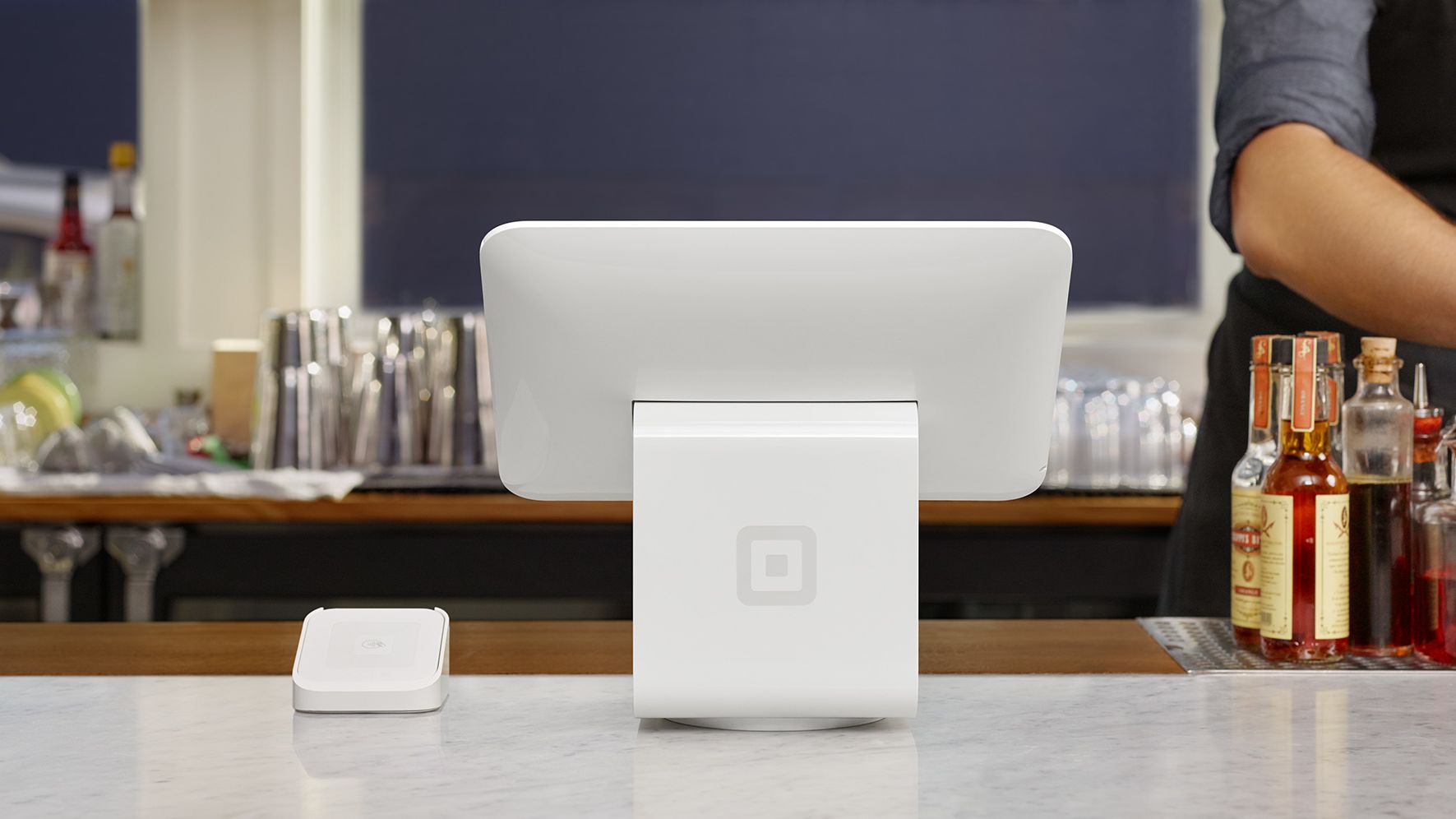 Square offers sellers buy now, pay later integration with Clearpay
Square offers sellers buy now, pay later integration with ClearpayNews For the first time, Square customers in-person and online will be given the option to make a purchase as interest-free payments
-
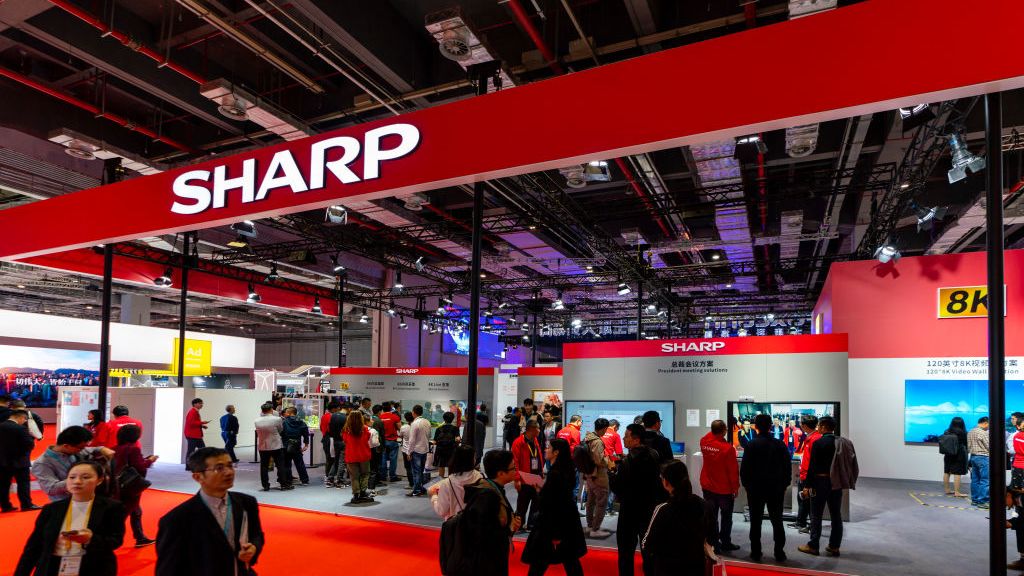 Sharp expands IT services with new FundOnion partnership
Sharp expands IT services with new FundOnion partnershipNews Collaboration will see the business finance platform now offer Sharp’s range of B2B solutions
-
 Apple hit with class action suit for stifling rival tap-to-pay options
Apple hit with class action suit for stifling rival tap-to-pay optionsNews The devil is in the details of Apple’s policies, states Hagens Berman’s spokesperson
-
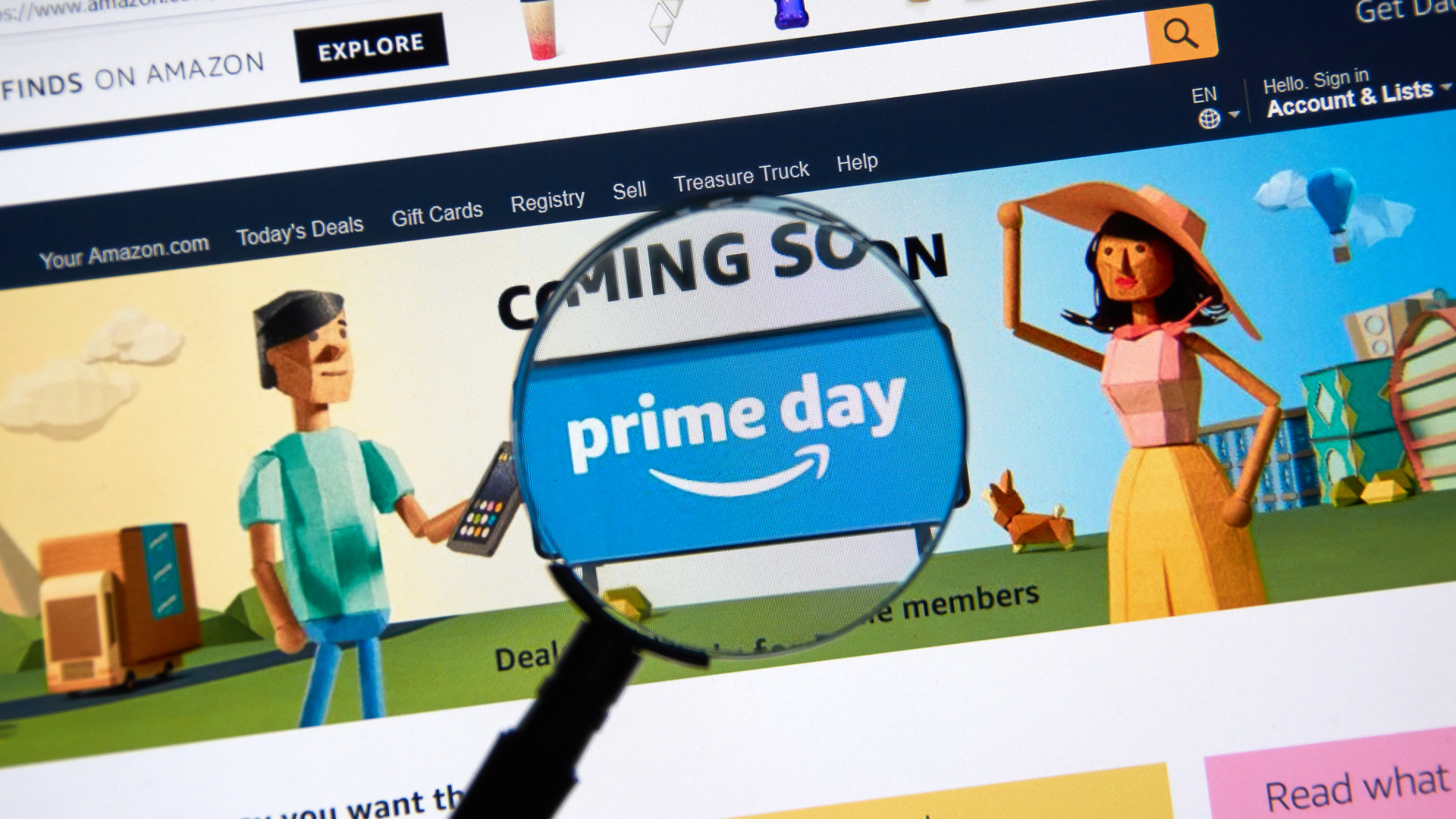 Amazon's use of third-party seller data to be investigated by CMA
Amazon's use of third-party seller data to be investigated by CMANews The investigation follows an almost identical one currently being carried out by the European Commission after the company was previously charged over similar practices by the European authority in 2020